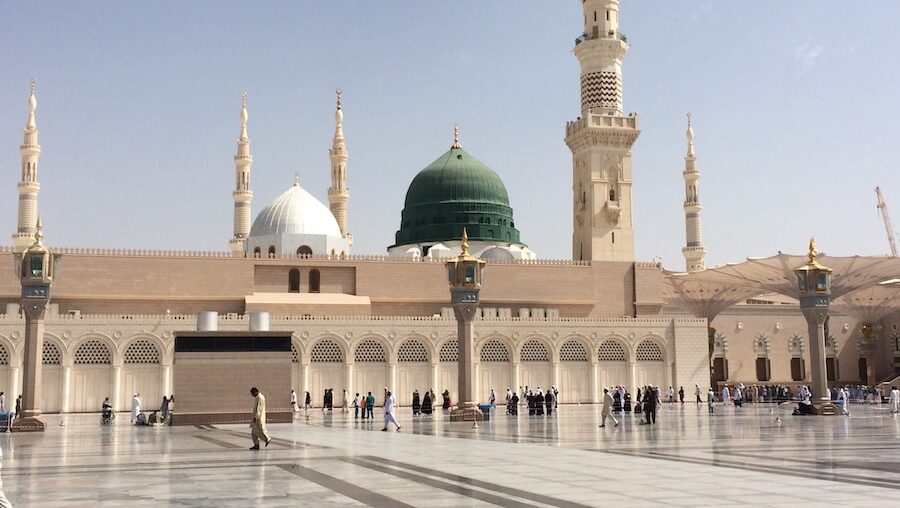A new report from the U.S. Commission for International Religious Freedom identifies 95 countries with some form of blasphemy law in effect, including five countries that impose the death penalty as the maximum sanction.
A separate report from the commission records the text of the 95 laws criminalizing expressions that insult or offend religious feelings or show disrespect toward religious figures or symbols.
The reports show blasphemy laws are not exclusive to any single region. They document blasphemy laws in 13 countries in the Americas, 28 countries in the Asia-Pacific region, 16 European nations, 18 countries in the Middle East and North Africa, and 20 countries in Sub-Saharan Africa.
Five countries — Iran, Pakistan, Saudi Arabia, Mauritania and Brunei Darussalam — can impose capital punishment on individuals convicted of blasphemy.
“Blasphemy laws are inconsistent with international human right law,” the report states.
Holly Hollman, general counsel and associate executive director of the Baptist Joint Committee for Religious Liberty, affirmed the commission’s report.
“We appreciate this latest report, highlighting the significant number of dangerous blasphemy laws around the world that undermine human rights, not only for religious minorities but for all people,” Hollman said.
“Religious beliefs should never be dictated by government. In addition to threatening violence against religious and political minorities, blasphemy laws tend to exacerbate intolerance that can cause harm across any given population.”
Human rights concerns highlighted
The commission report notes four specific human rights concerns:
— “Blasphemy laws violate the right to freedom of religion of belief.” Article 18 of the Universal Declaration of Human Rights stipulates individuals have the right to freedom of thought, conscience and religion.
— “Blasphemy laws violate the right to freedom of opinion or expression.” Individuals have the right to express their beliefs — even if some others find those expressions offensive.
— “Blasphemy laws promote government intolerance and discrimination toward minorities and minority viewpoints.” The report points to specific examples in Bangladesh, Nigeria, Pakistan, Russia and Turkey.
— “Blasphemy laws encourage individuals and non-state actors to seek retribution against alleged blasphemers.” The report cites incidents in Nigeria and Sri Lanka, along with multiple examples in Pakistan.
Last month, Muslim mobs burned churches and damaged the homes of Christian families in Pakistan’s Punjab State after two Christian young people were accused of desecrating the Quran.
Freedoms under fire
“While it is legitimate for individuals to speak out against blasphemy, legislation criminalizing blasphemy violates the right to freedom of religion or belief and the right to freedom of opinion and expression,” the commission report states.
“International human rights law protects the rights of individuals; it does not protect religious feelings, figures, or symbols from behavior or speech considered blasphemous. USCIRF urges all countries to repeal their blasphemy laws and free those detained for or convicted of blasphemy.”
To read more stories on the persecuted church, click here.
EDITOR’S NOTE — This story was written by Ken Camp and originally published by Baptist Standard.








